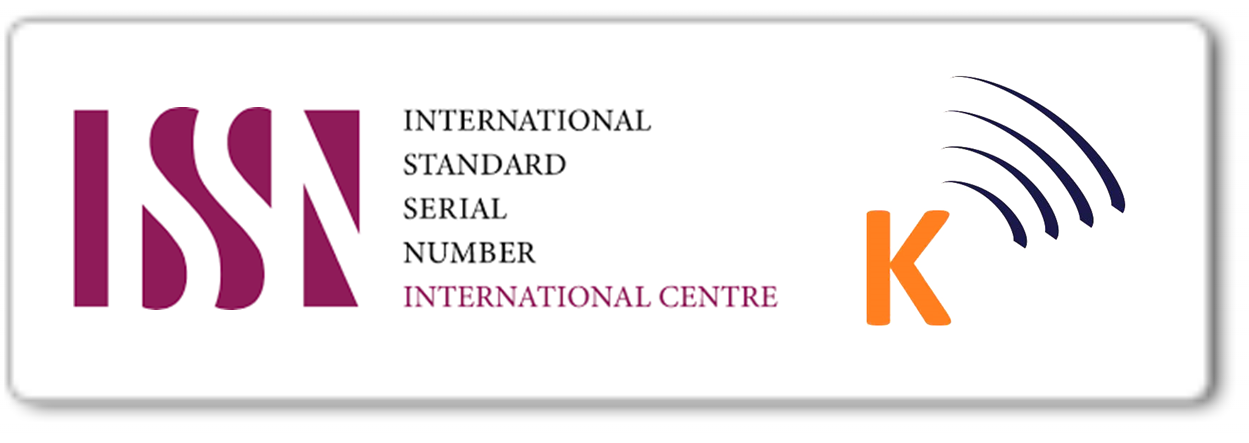PENGARUH PENDEKATAN PEMBELAJARAN KOOPERATIF DAN SELF MONITORING SISWA TERHADAP KEMAMPUAN BERPIKIR ILMIAH DALAM BIOLOGI BAGI SISWA KELAS X SMA
Keywords: berpikir ilmiah, cooperative learning, pembelajaran kooperatif, scientific thinking, self monitoring, self-monitoring
Abstract
The purpose of this study was to describe (1) the ability to follow the scientific thinking of students learning with cooperative learning. (2) differences in scientific thinking skills among students who have self-monitoring high and students who have self-monitoring low (3) differences in scientific thinking skills of students who have self-monitoring high following study with cooperative learning learning students (4) differences in scientific thinking skills of students who have low self-monitoring which follows cooperative learning students in the subjects of biology in high school. (5) the effect of the interaction between learning strategy and self-monitoring of the scientific thinking skills. The research location is housed in SMA 22 Jakarta Timur. With descriptive results, the low self-monitoring group, the average student learning outcomes before treatment amounted to 58,55. After scientific thinking and treatment, an increase in the average learning result of 72,91 and 84,18. Likewise, the high self-monitoring group, the average student learning outcomes before treatment was of 58,33. After scientific thinking and treatment, an increase in the average learning result of 71,17 and 81,33. The average value of student learning outcomes before treatment amounted 58,43.Setelah scientific thinking and treatment, the average student learning outcomes increased by 72,0 and 82,70. The average value of student learning outcomes before treatment amounted 58,43.Setelah scientific thinking and treatment, be increased by 72,0 and 82,70. The average value of student learning outcomes low self-monitoring group amounted to 71,88. The average results of students 'self-monitoring group high of 70,28. Sebelum treatment, the average value of the students' self-monitoring group a low of 58,55. The average results of students' self-monitoring group high of 58,33. The difference in value of student learning outcomes between low self-monitoring groups did not differ significantly with high self-monitoring after treatment.
Tujuan penelitian ini adalah mendeskripsikan (1) kemampuan berpikir ilmiah siswa yang mengikuti pembelajaran dengan pembelajaran kooperatif. (2) perbedaan kemampuan berpikir ilmiah antara siswa yang memiliki self monitoring tinggi dan siswa yang memiliki self monitoringrendah (3) perbedaan kemampuan berpikir ilmiah siswa yang memiliki self monitoring tinggi yang mengikuti pembelajaran dengan pembelajaran kooperatif learning siswa (4) perbedaan kemampuan berpikir ilmiah siswa yang memiliki self monitoring rendah yang mengikuti pembelajaran kooperatif siswa dalam mata pelajaran biologi di SMA. (5) pengaruh interaksi antara strategi pembelajaran dengan self monitoring terhadap kemampuan berpikir ilmiah. Lokasi penelitian ini bertempat di SMA 22 Jakarta Timur. Dengan hasil secara deskriptif, pada kelompok self monitoring rendah, rata-rata hasil belajar siswa sebelum treatment adalah sebesar 58,55. Setelah berpikir ilmiah dan treatment, terjadi peningkatan rata-rata hasil belajar sebesar 72,91 dan 84,18. Demikian juga pada kelompok self monitoring tinggi, rata-rata hasil belajar siswa sebelum treatmentadalah sebesar 58,33. Setelah berpikir ilmiah dan treatment, terjadi peningkatan rata-rata hasil belajar sebesar 71,17 dan 81,33. Rata-rata nilai hasil belajar siswa sebelum treatment adalah sebesar 58,43.Setelah berpikir ilmiah dan treatment, rata-rata hasil belajar siswa meningkat sebesar 72,0 dan 82,70. Rata-rata nilai hasil belajar siswa sebelum treatment adalah sebesar 58,43.Setelah berpikir ilmiah dan treatment, menjadi meningkat sebesar 72,0 dan 82,70. Rata-rata nilai hasil belajar siswa kelompok self monitoring rendah adalah sebesar 71,88. Rata-rata hasil belajar siswa kelompok self monitoring tinggi sebesar 70,28.Sebelum treatment, rata-rata nilai hasil belajar siswa kelompok self monitoring rendah sebesar 58,55. Rata-rata hasil belajar siswa kelompok self monitoring tinggi sebesar 58,33. Selisih nilai hasil belajar siswa antara kelompok self monitoring rendah tidak berbeda signifikan dengan self monitoring tinggi setelah treatment.
Downloads
References
Brehm, S.S., Kassin., S.M. (1993). Social psycology. USA: Boston: Houghton Mifflin Company.
Brigham, J.C. (1991). Social psychology. New York: Harper Collins Publisher, Inc.
Church E, B, (2006). Scientific Thinking: Step by Step. Diunggah dari web http://gurupembaharu.com/home/melatih-siswa-terampil-berpikir-ilmiah/, http://www2.scholastic.com/browse/article.jsp?id=3747036.
Depdiknas. (2003). Permendiknas No. 22 tahun 2003, Standar Isi.
Mosby’s Medical Dictionary, 8th edition. (2009). Elsevier. Diunggah dari web http://medical-dictionary. thefreedictionary.com/Scientific+thinking.
Nita, Veni Dona Ayu. (2010). Pengembangan media pemantauan diri (self monitoring) dan kendali stimulus (stimulus control) untuk meningkatkan keterampilan komunikasi. Skripsi, Jurusan Bimbingan Konseling dan Psikologi Program studi Bimbingan dan Konseling FIP Universitas Negeri Malang.
Ratih Eka. (2010). Keefektifan teknik selfmonitoring dan self reinforcement untuk mengurangi perilaku off task siswa SMP Negeri 20 Malang. Skripsi, Program Studi Bimbingan dan Konseling Jurusan Bimbingan Konseling dan Psikologi Fakultas Ilmu Pendidikan Universitas Negeri Malang.
Slavin R. E. (1994). Educational psychology : Theory and practice. Boston: Johns Hopkins University.
Worchel Wager Water, Gagne, Robert M, Leslie J. Briggs. (2000). Principles of instructional design foth worth. Texas: Harcourt Brace Jovanovich Collage Publisher, 1992.







